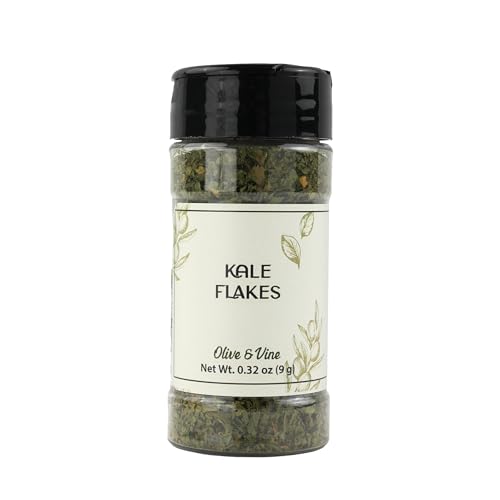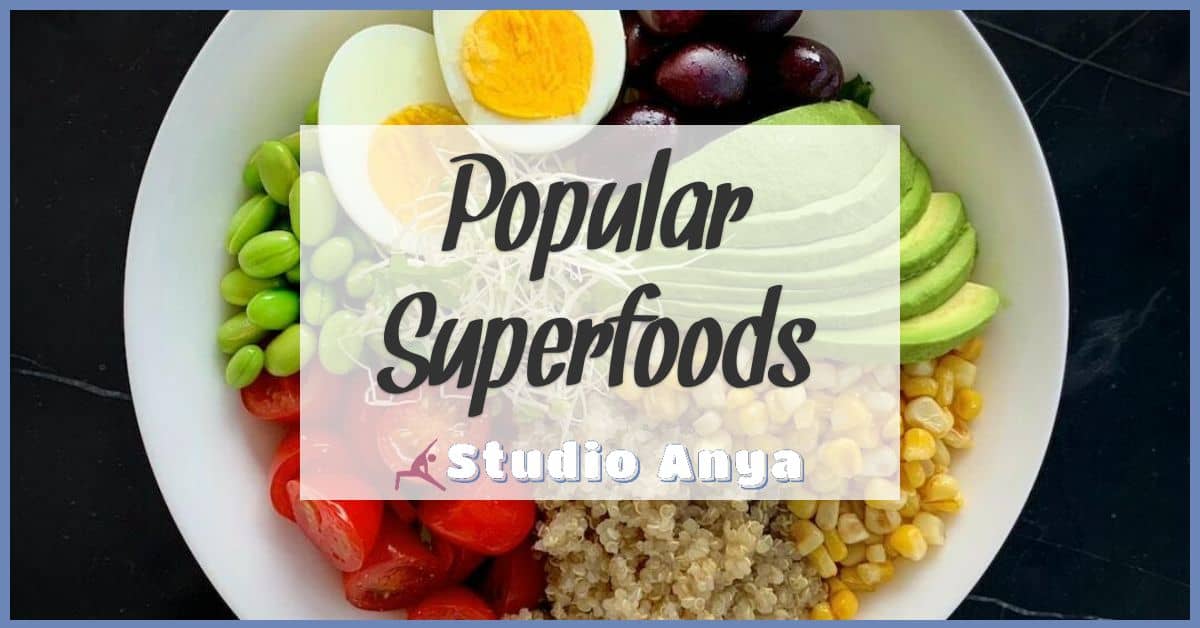I’ve always been fascinated by how our bodies turn the food we eat into energy and nutrients. It’s like a hidden, intricate process happening without us even noticing. At the heart of this magic are enzymes—tiny but powerful proteins that play a huge role in breaking down what we eat into forms our bodies can actually use.
What Are Enzymes?
Enzymes are specialized proteins that accelerate chemical reactions in the body. In digestion, they work like natural catalysts to break down food into simpler components, making nutrients accessible to the body. Each enzyme targets a specific type of molecule, ensuring precise and efficient breakdown.
Digestive enzymes are critical for transforming what we eat into energy and nourishment. Amylase, for instance, breaks down carbohydrates like bread and rice into sugars. Protease targets proteins from foods like beans and nuts, breaking them into amino acids. Lipase helps digest fats found in avocados and oils, converting them into fatty acids and glycerol.
Our bodies naturally produce these enzymes, primarily in the pancreas, stomach, and salivary glands. However, the effectiveness of enzymes depends on factors like diet and overall health. Ensuring we consume nutrient-dense, unprocessed foods supports enzyme function, which is essential for a balanced, energized lifestyle.
The Role of Enzymes in the Digestive Process
I’ve always been fascinated by how the body mirrors balance and harmony, much like yoga and meditation do for the mind. Just as mindful breathwork centers our energy, enzymes ensure that digestion flows effortlessly, helping release nutrients essential for vitality and wellness.
How Enzymes Break Down Food
Enzymes act like the body’s internal guide in breaking down food into usable forms. Each enzyme accelerates a specific chemical reaction designed to target and dismantle certain food components. For example, when you eat a whole-grain slice of bread, amylase in your saliva starts breaking down the complex carbohydrates into simpler sugars. As the food passes further into the digestive system, other enzymes like protease and lipase take over—breaking proteins into amino acids and fats into fatty acids. This coordinated enzymatic process ensures that nutrients in whole, fresh foods are ready for absorption and energy use.
I remind my students that focusing on nutrient-dense choices like raw fruits, vegetables, and fermented foods can naturally work with our enzymes. This supports their activity, much like consistent meditation supports emotional flow.
Key Types of Digestive Enzymes
Specific enzymes play roles unique to digesting different food groups. Amylase, produced in the salivary glands and pancreas, helps convert carbohydrates like grains or sweet potatoes into sugars. Protease, originating from the stomach and pancreas, breaks proteins in legumes, nuts, or tofu into amino acids. Lipase, also primarily released by the pancreas, digests fats in avocados, nuts, and seeds into fatty acids.
Including enzyme-rich whole foods—like pineapple for bromelain or papaya for papain—can naturally align your digestion with their functionality. Whenever I guide others to adopt healthier eating habits, I emphasize tuning into the body’s needs, just as we do in mindfulness practices.
Importance of Enzymes in Nutrient Absorption
Efficient nutrient absorption relies on the harmonious work of enzymes. These proteins break food down into forms our bodies can absorb, fueling energy and supporting overall health.
Enzyme Deficiencies and Their Effects
Enzyme deficiencies disrupt digestion and can lead to nutrient malabsorption. Without enough of them, food particles remain partially digested, which can cause discomfort, bloating, or fatigue. For instance, a lack of lactase often results in lactose intolerance, making dairy hard to digest.
I’ve seen how stress, poor eating habits, or a highly processed diet can strain digestion and reduce enzyme efficiency. Supporting enzyme activity through whole, unprocessed foods—like papaya and pineapple—helps prevent deficiencies and supports the body’s natural ability to absorb nutrients.
Caring for the body mirrors the mindfulness we cultivate in yoga and meditation. Tuning into how food feels during digestion and choosing enzyme-rich options can transform energy levels and promote balance from the inside out.
Factors Affecting Enzyme Activity in Digestion
Understanding what influences enzyme activity helps us align our digestion with healthier choices. Like yoga and meditation bring balance to the mind, supporting enzyme function ensures harmony within the body.
pH Levels and Temperature
Enzyme activity depends heavily on the pH and temperature inside the digestive system. Each enzyme reaches its peak efficiency within specific pH ranges. For instance, pepsin, which breaks down proteins in the stomach, works best in acidic conditions with a pH around 2. In contrast, pancreatic enzymes like lipase thrive in the small intestine’s alkaline environment, where the pH is near 8. Extreme deviations from these optimal levels can decrease enzyme activity or even deactivate them entirely.
Temperature matters too. Digestive enzymes function best around the normal body temperature of 98.6°F (37°C). Too much heat, like a high fever, can denature enzymes, altering their structure. If the body’s temperature drops too low, enzymatic reactions slow, mirroring a sluggish digestive process. Maintaining a balanced inner environment, just as we aim for balance on the mat or through breathwork, fosters better digestion.
Dietary Influences on Enzyme Function
Foods we consume directly impact how enzymes function. Refined sugars and processed foods can strain enzyme activity, much like mental clutter disrupts meditative focus. Incorporating enzyme-rich foods such as papaya (loaded with papain) and pineapple (high in bromelain) supports digestion naturally. Raw vegetables and fermented foods like kimchi and sauerkraut also help, as they contain active enzymes.
Overeating or consuming heavy, fried foods forces the body to work harder to produce more enzymes. On the other hand, mindful eating with whole, nutrient-dense meals provides the gentle support our digestion craves. Drinking enough water aids enzyme function too, as hydration is essential for breaking down food effectively. Staying present with your body’s responses during and after meals, much like tuning into subtle shifts during meditation, can guide healthier dietary choices and better enzyme activity.
Using Enzyme Supplements for Digestive Health
Supporting digestion becomes easier when combining mindful eating with enzyme supplements. These supplements contain specific enzymes like amylase, protease, and lipase to help break down carbs, proteins, and fats when natural enzyme activity feels insufficient. If digestion slows down due to stress, aging, or processed foods, supplements can bridge the gap, allowing the body to better absorb nutrients.
I often recommend enzyme supplements during one-on-one sessions with clients experiencing bloating or fatigue after meals. When paired with mindful practices, like deep breathing before eating, these supplements can align digestion with overall energy balance. Vegetarian and vegan-friendly enzyme options, often derived from plants like papaya or fungus, offer a beneficial alternative for various lifestyles. This inclusivity reflects the holistic nature of yoga and meditation, ensuring everyone can tailor their choices based on personal needs.
Choosing high-quality supplements is crucial. Look for products with clearly labeled enzyme types and strengths, such as bromelain (from pineapple) or papain (from papaya). These natural enzymes not only aid digestion but also have anti-inflammatory properties, which help the body feel lighter and more at ease. I always emphasize checking with a healthcare provider before starting supplements to ensure compatibility with one’s health goals.
Conclusion
Enzymes truly are the unsung heroes of digestion, working tirelessly to transform the food we eat into energy and nutrients our bodies can use. They remind me of how everything in our bodies thrives on balance and harmony. By nourishing ourselves with whole, enzyme-rich foods and staying mindful of our eating habits, we can support these incredible proteins and, in turn, our overall well-being.
Whether it’s through mindful eating, better food choices, or even supplements when needed, taking care of our digestion is an act of self-care. It’s all about listening to what our bodies need and giving them the tools to thrive.













